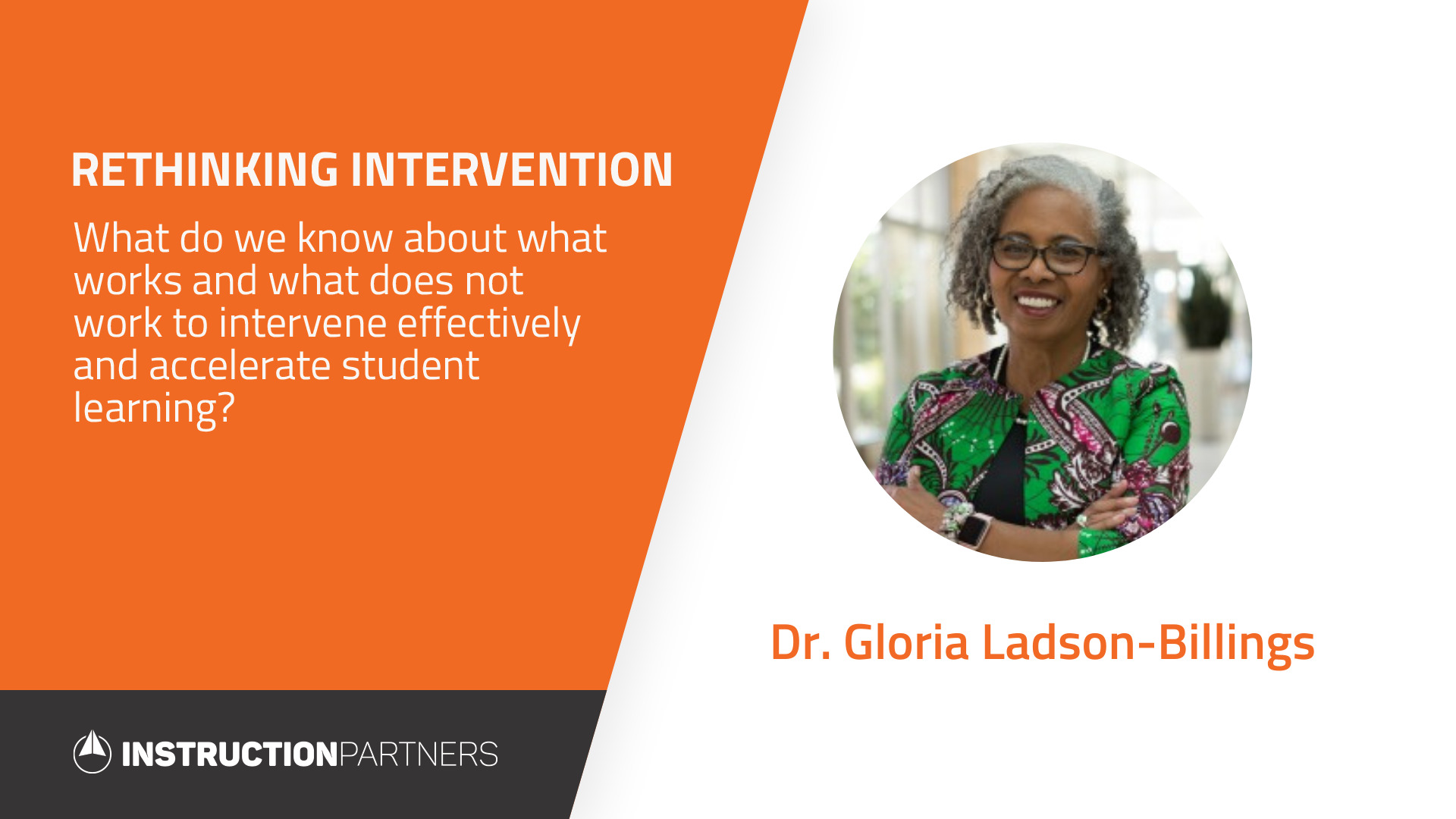EF: Let’s take that to the school leader and system leader lens. I’d love to hear more about your thoughts on curriculum and standards. I think for so many leaders they have a thing that they’re driving towards, and that is what they’ve been tasked with. How do you create room to follow student interest in meaningful ways in that context?
GLB: I had a conversation with nine school superintendents in the Bay Area in late spring. One of the superintendents was clearly agitated over the fact that he knew he was going to lose money. And he says, “I’m a small school district, and I’m already hearing I’m taking a $3.5 million hit.” And I said to him, “Well, you’re going to take a $3.5 million hit if what you plan to do is what you’ve been doing. If you’re planning something different, you could plan it costing three and a half million dollars less than what you had. Knowing that, what would you plan?” He just kind of looked at me and said, “I just never thought of it like that.”
Everybody’s thinking we have to go back to what was there. I’ve had teachers railing against these things. I’ve heard plenty of complaints about standards and standardized curriculum, things like Common Core. And I’ve often asked teachers, “What’s in this that you don’t want students to know?” There’s nothing evil about the standards. What is problematic, however, is this dogged devotion to doing it one particular way, insisting that the only way that a student can learn similes and metaphors is through a particular kind of literature as opposed to being able to pick up some hip hop lyrics and say, “What does he mean when he says, ‘I’m silent like a G in lasagna’?” We have to know more. And that more that we have to know is about students’ lives, about their culture, and about their experiences. It’s in some ways the laziness on our part. We’re used to using The Scarlet Letter, which I can tell you universally, nobody likes. I don’t care where they are. Do you believe the author sat down and said, “Oh, I’m going to write a book for ninth graders, all about a woman who was accused of adultery?” I mean, it makes no sense. Someone made a decision that the book belongs there. But maybe it doesn’t. Last week, I had a conversation with a reporter out in New York who was looking at summer reading lists. She sent me reading lists from 15 different high schools in New York. She wanted some statement from me about what I thought and I said, “There’s nothing wrong with the books. The books tell me nothing.” I need to know what you intend to do with the books. If you want to, you can count how many books are written by Black people, how many books are written by Latinx folks, how many books are written by people of Asian descent. You can do that. But you can still do bad things with a book written by Black people. You can still do some great things with a book written by a white person. If you’re not paying attention to kids’ interests, the text can’t teach itself. So, in some ways, I’m agnostic about standards until you start telling me things like, people cannot go onto the next grade if they don’t meet standards, or it’s not a good school if you don’t have this percentage of kids proficient on the standards. No, that standard is just telling me what you’re not teaching well. It’s not telling me what kids don’t know.
EF: What do you see educators do, maybe from a place of very good intentions, that we actually know does not work, particularly in supporting unfinished learning? Meaning things that we’re really at risk of doing in the coming year, as that is more front and center for so many educators.
GLB: One is being quick to go to remediation. Now, just think about that in principle, I begin behind everybody else, and the way you expect me to catch up is to slow me down? That’s just basic physics, that doesn’t work. If anything, I should be accelerated. And that’s the work Hank Levin did in the late 70s, early 80s. Accelerated learning demonstrating that kids who were behind needed to be moved up faster.
The other thing that I have concerns about is that students are not just students, but they are whole human beings, so they come into schools and classrooms with a variety of life experiences, we make some judgments about those life experiences. As a consequence, we don’t hold kids to the so-called standards. We do what I call giving them permission to fail. “Oh, don’t worry about that, maybe tomorrow you’ll feel more like working. Oh, I understand things are tough for you.” Whereas we would never do that with the kids for whom we have the highest expectations. For them, we demand success. We demand it. “You must do it.” Now, doesn’t mean we’re harsh with it. What we may do with that is they turn in something we don’t think it’s quality, and we say to them, “I’m going to give you another chance to work on this because here’s what’s wrong with it.” As opposed to those kids for whom we permit to fail, they turn in something and it’s low quality, and we say, “Well, this is probably the best you can do.” And we will accept that. I hope we don’t fall back into that.




